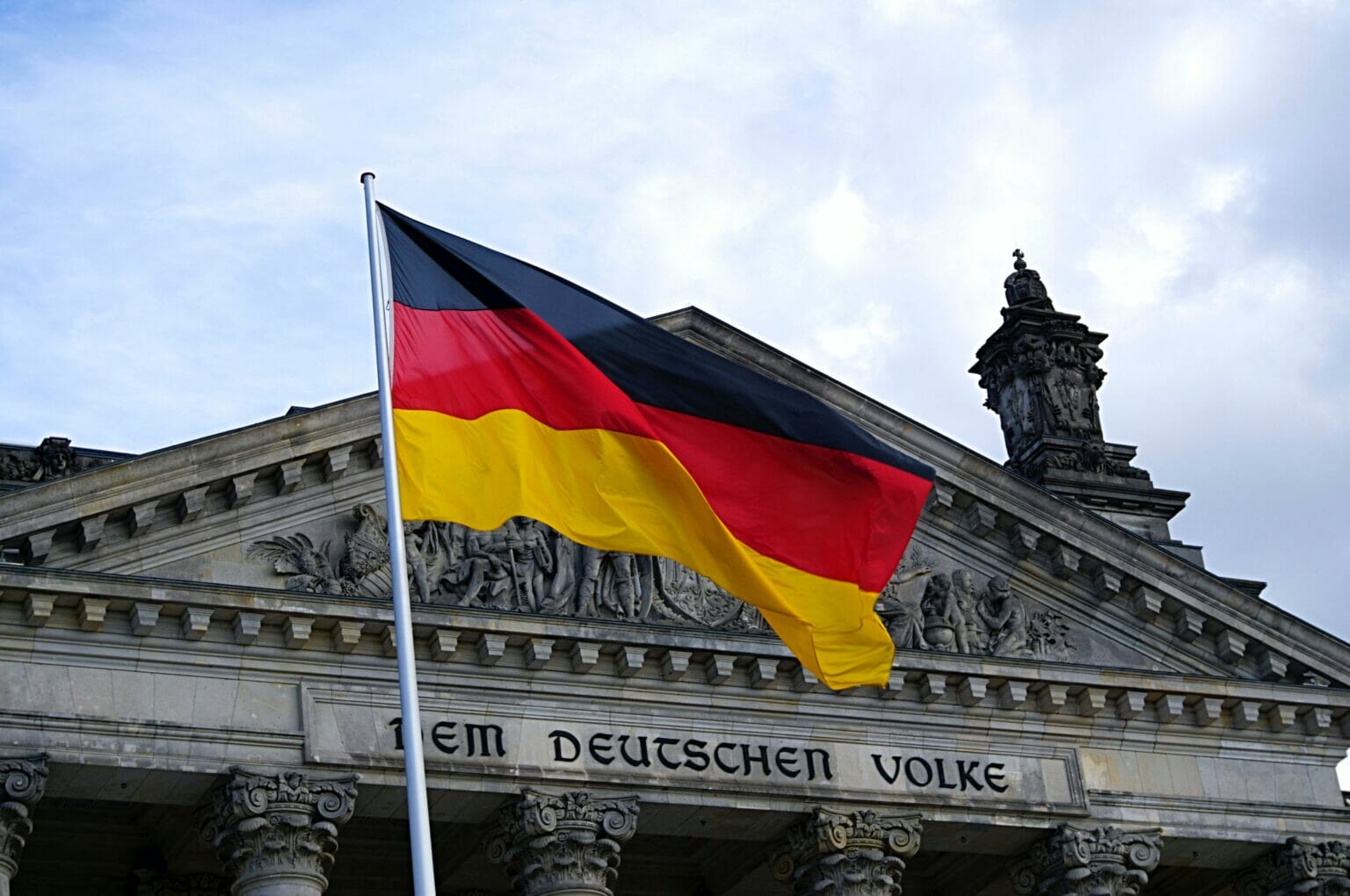El Pais says that the country is in decline because it didn’t adapt to changes in world politics and didn’t spend enough.
Analysts told the Spanish newspaper El Pais earlier this week that Germany’s decades of success, which helped it become one of the world’s largest economies, are ending.
According to data from the International Monetary Fund in July, Germany is expected to be the only major economy that will not grow this year. Its GDP is expected to fall by 0.3%.
The German model depends on cost competitiveness, technological leadership in industry, and geopolitical security, and “all of them are gone,” said journalist Wolfgang Munchau, quoted by the newspaper.
“What has emerged is an energy price crisis, new geopolitical divisions, and technological shocks that raise existential questions about the model’s future,” Munchau said, adding that the world around Germany has changed a lot.

Since the early 2000s, the country has had strong growth that has continued due to high job rates and strong demand from countries like China that are growing quickly. The most important part of Germany’s economy, industry, has been doing well since 2003, thanks to cheap energy from Russia and cheap labour from Eastern Europe.
Germany is expected to continue to rely heavily on exports and imports. Still, the chemical and automotive industries, which have done well in the past two decades, will play a different role in the future, according to Clemens Fuest, director of the Leibniz Institute of Economic Research (IFO).
Carsten Brzeski, who is in charge of ING in Germany and the Eurozone, says that China has become a strong competitor even though it still buys goods from Germany.
The expert also said that pandemics and geopolitical issues have changed the world, but Germany needs to invest more or make enough changes quickly.
Fuest also said that public and private investments need to be improved by planning processes, rules, and bureaucracy that are too complicated and should be made easier by the government.
